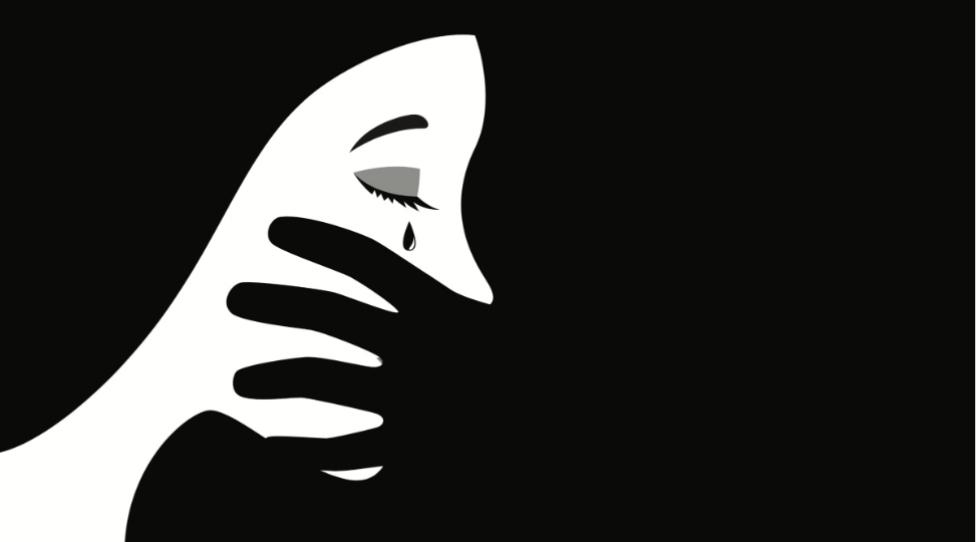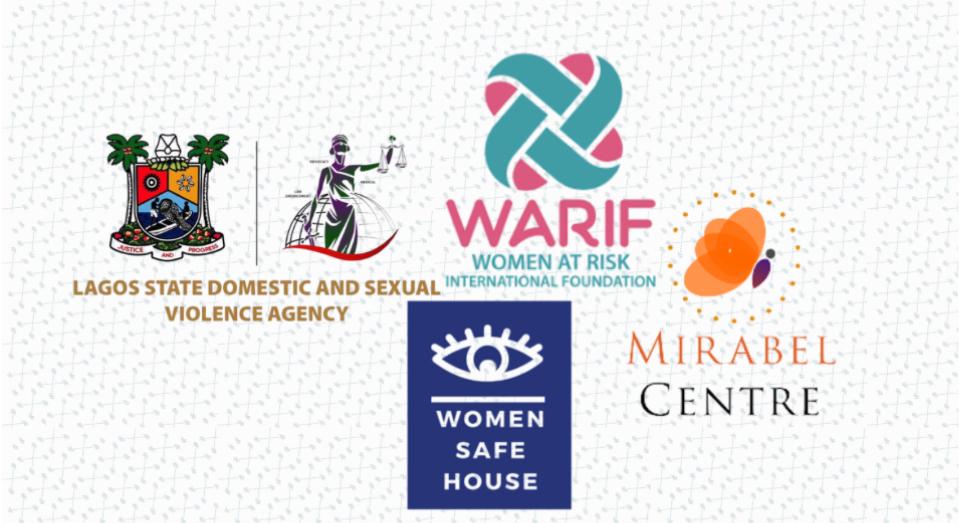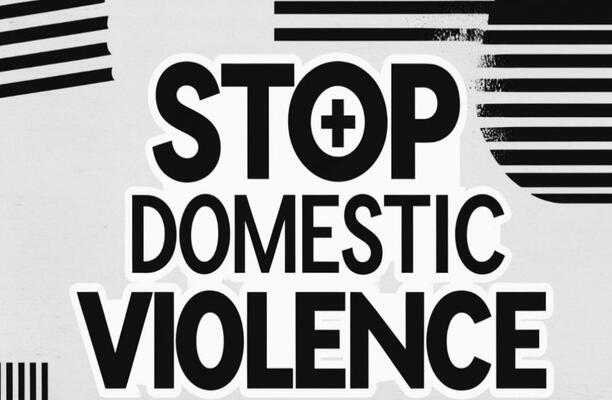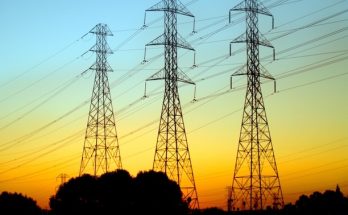By Sunkanmi Adewunmi
Domestic abuse is a widespread issue in Nigeria, affecting thousands of women each year. It goes beyond physical violence to include emotional, sexual, psychological, and financial harm. Nigerian law, particularly the Violence Against Persons (Prohibition) Act (VAPP), defines violence broadly—covering acts like forced marriage, female genital mutilation, verbal threats, and economic deprivation.
Though often hidden, domestic violence is alarmingly common. Studies show that over one-third of Nigerian women have experienced some form of abuse. In 2018, 13.2% of married women reported physical or sexual violence by a partner within a year. The 2018 Nigerian Demographic and Health Survey (NDHS) estimates 31–36% of women have faced spousal abuse. These figures are likely underreported, making the crisis even more serious.
Laws and Reforms: The VAPP Act and State Adoption
Nigeria has strengthened its legal response to domestic violence with the Violence Against Persons (Prohibition) Act (VAPP), 2015—the country’s most comprehensive gender-based violence law. It criminalises physical, sexual, emotional, and economic abuse, as well as harmful practices like female genital mutilation and child marriage. The Act also provides protection orders, compensation, and access to free medical, legal, and psychological support.
By late 2023, 35 of 36 states and the FCT had adopted the VAPP Act or similar laws. Lagos had introduced its own law even earlier in 2007. However, Kano State remains the only holdout. In 2024, a proposed repeal of the VAPP Act sparked backlash from advocacy groups like the Malala Fund, who urged its full implementation instead.
Though enforcement is still patchy, the VAPP Act offers a strong legal foundation—if properly applied.

Police, Agencies and NGOs Respond
Domestic violence is a crime in Nigeria, and victims have the right to report it. While the Nigeria Police are responsible for investigating such cases, challenges like limited resources and poor enforcement often hinder justice. Lagos State’s Domestic and Sexual Violence Agency (DSVA) was established in 2021 to coordinate emergency response, offering 24/7 complaint intake, medical evaluation, forensic support, shelter, and counselling.
However, much of the real support comes from NGOs. Women Safe House provides legal aid, healthcare, and shelter in Lagos. The Mirabel Centre offers free forensic exams and psychosocial care. WARIF runs a 24/7 helpline (0809 210 0009) and a crisis centre with medical and counselling services.
Despite these efforts, conviction rates remain alarmingly low—only 65 rape convictions were recorded nationwide over nearly five decades—highlighting the urgent need for better enforcement and survivor-focused services.
Culture of Silence
A major obstacle is Nigeria’s cultural mindset. Domestic violence is often seen as a private matter or even “normal” within marriage. Many survivors stay silent because of shame, stigma or family pressure. As founder of the Domestic Violence Assistance Line Initiative, Joyce Okungbowa noted: “In Lagos… the stigma [of abuse] has made it difficult for women to speak out. One reason many women have been afraid to speak out is because they feel that ‘it’s better to be a Mrs. than to be a Ms.’”. In other words, victims fear that divorce or separation will label them as failures. Families and communities may demand abused women stay “for the sake of the home,” warning “no woman will return to my house as a single parent…it is against my culture”. Financial dependence is another factor – many women lack resources to leave an abuser. As one survivor commented, “Many victims of domestic violence stay silent because they rely on money from their husbands to sustain themselves”. All these cultural pressures make underreporting rampant. Studies suggest that most Nigerian women who suffer domestic violence never seek help or report it (one survey implies nearly half never tell anyone). In short, deep-rooted gender norms and fear of being ostracized often trap victims in silence.

Support Is Available: Helplines and Shelters
Ending domestic violence in Nigeria starts with breaking the silence. If you witness or suspect abuse, report it to the police or a trusted NGO. Support survivors—call a hotline, offer to help, or accompany them to safety. Community and religious leaders must speak out, and men must challenge harmful norms.
Survivors need our support. Share resources, support shelters, and listen without judgment. Domestic violence is not private—it’s a human rights crisis. Together, we can demand justice and change.
If you or someone you know is experiencing abuse, help is available:
- Mirabel Centre (Lagos): 0815 577 0000
- Women Safe House (Lagos): 0812 113 3399
- WARIF (24/7 Rape Crisis Centre): 0809 210 0009
- Lagos DSVA: 0800 033 3333
- Nigeria Police Emergency: 112
These organisations offer free medical care, legal aid, shelter, counselling, and crisis support. Legal groups like FIDA Nigeria also help survivors press charges. Don’t wait—speak out, reach out, and help someone find safety.








